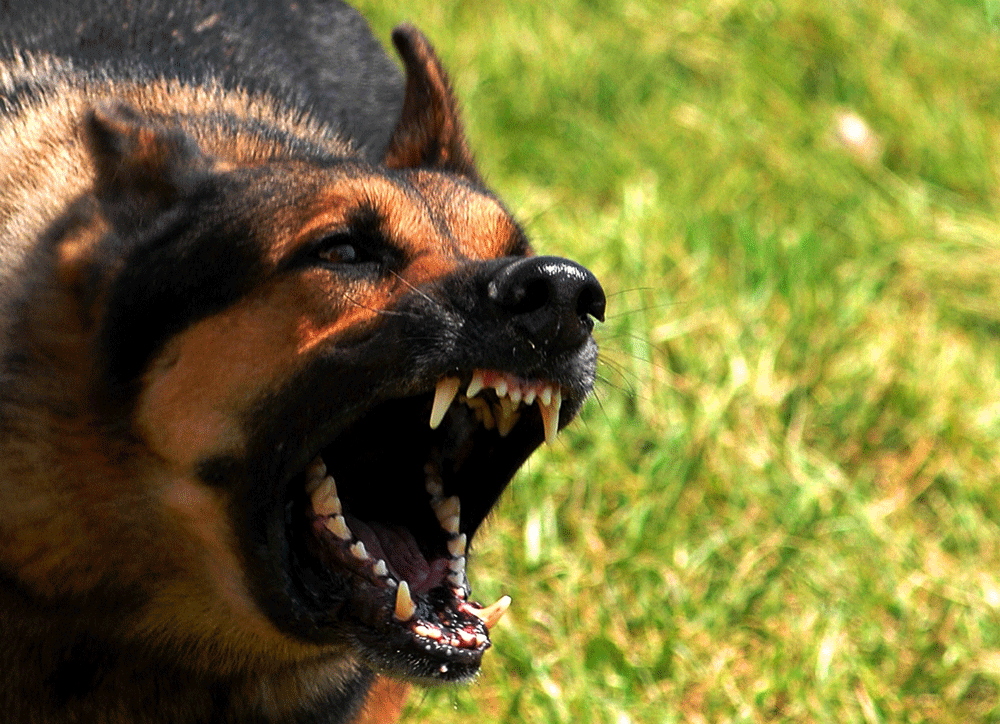
DVSS said it would retrieve the dog that had bitten the victim and conduct rabies test on it to determine whether the dog is rabies positive within two days. – File photo
SIBU (Dec 1): All dog or cat bite cases are managed according to World Health Organisation (WHO) guidelines, says Department of Veterinary Services Sarawak (DVSS).
DVSS pointed out that the Integrated Bite Case Management (IBCM) protocol would determine whether post-exposure rabies vaccination is required depending on the category of the bite wound.
It highlighted this in a press release today, issued in response to Bukit Assek assemblywoman Irene Chang’s recent statement, calling for compulsory antibodies jab for every dog bite victim.
Chang had suggested that Sarawak Disaster Management Committee (SDMC), DVSS and the State Health Department should review their standard operating procedures (SOP) in medical response to dog/cat bites victims.
She had pointed out they should adopt the compulsory post-exposure rabies jab for every dog/cat bite and scratched victim regardless of whether the scratch was superficial or otherwise.
DVSS said as reported by the Ministry of Health (MOH), there were 28 human rabies positive cases since 2017 with 27 fatalities and many did not seek urgent medical aid until it was too late.
“DVSS keeps on doing rabies awareness campaign to educate the public. Public engagement and education are essential to any sustainable rabies programme throughout the state.
“DVSS will continue to carry out mass vaccination of dog and to conduct surveillance and monitoring the disease situation in the state.”
Adding on, DVSS said it would retrieve the dog that had bitten the victim and conduct rabies test on it to determine whether the dog is rabies positive within two days.
In the event that the dog is tested positive for rabies, the Bite Clinic would be notified so that bite victim can be given the full regimen of anti-rabies vaccination, it said.
“People who believe they may have been exposed to rabies are advised to immediately seek treatment which involves a series of rabies vaccinations with or without immunoglobulin, an antibody treatment that gives immediate short-term protection while the vaccines start to work,” DVSS said.
For further enquiries for human rabies vaccine, public are advised to refer to their medical healthcare according to the guidelines prepared by State Health Department (JKNS), it added.
Additionally, DVSS stressed that it is also necessary that the bite victim should do a first aid intervention like washing the wound with running water and soap for 15 minutes before heading to clinic in order to reduce the virus load in the bite.
The health professionals will ensure all the precaution and necessary treatment, vaccination and action to prevent human death, it said.
“Patient records show many of bite victim that succumbed to rabies did not carry out the first aid cleaning of wound, did not complete the required full regime of Post Exposure Prophylaxis (PEP) rabies vaccine and some were not aware of any exposure to rabid animal,” DVSS noted.
Towards this end, the department pointed out that rabies is 100 per cent preventable if treated early.
